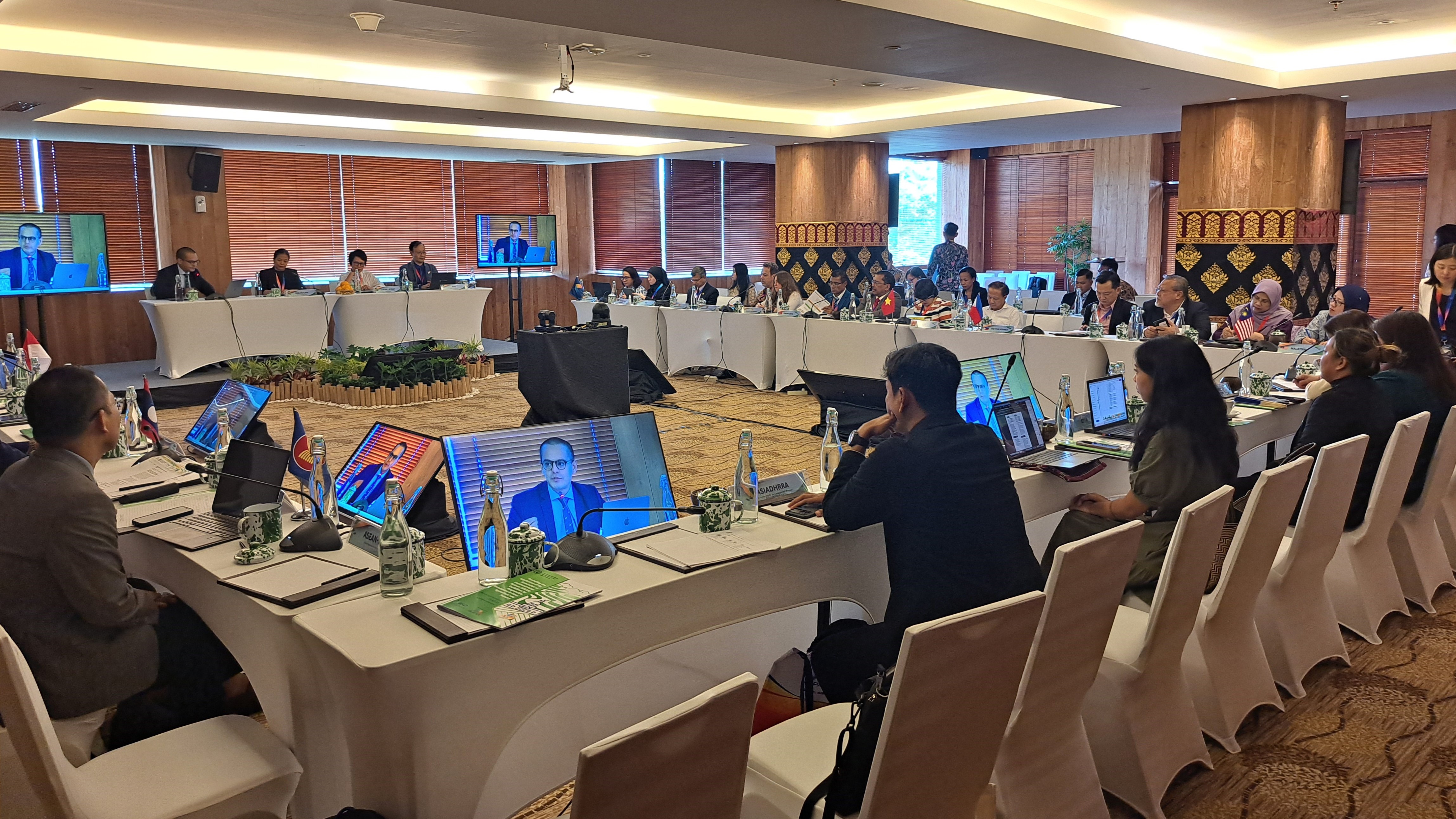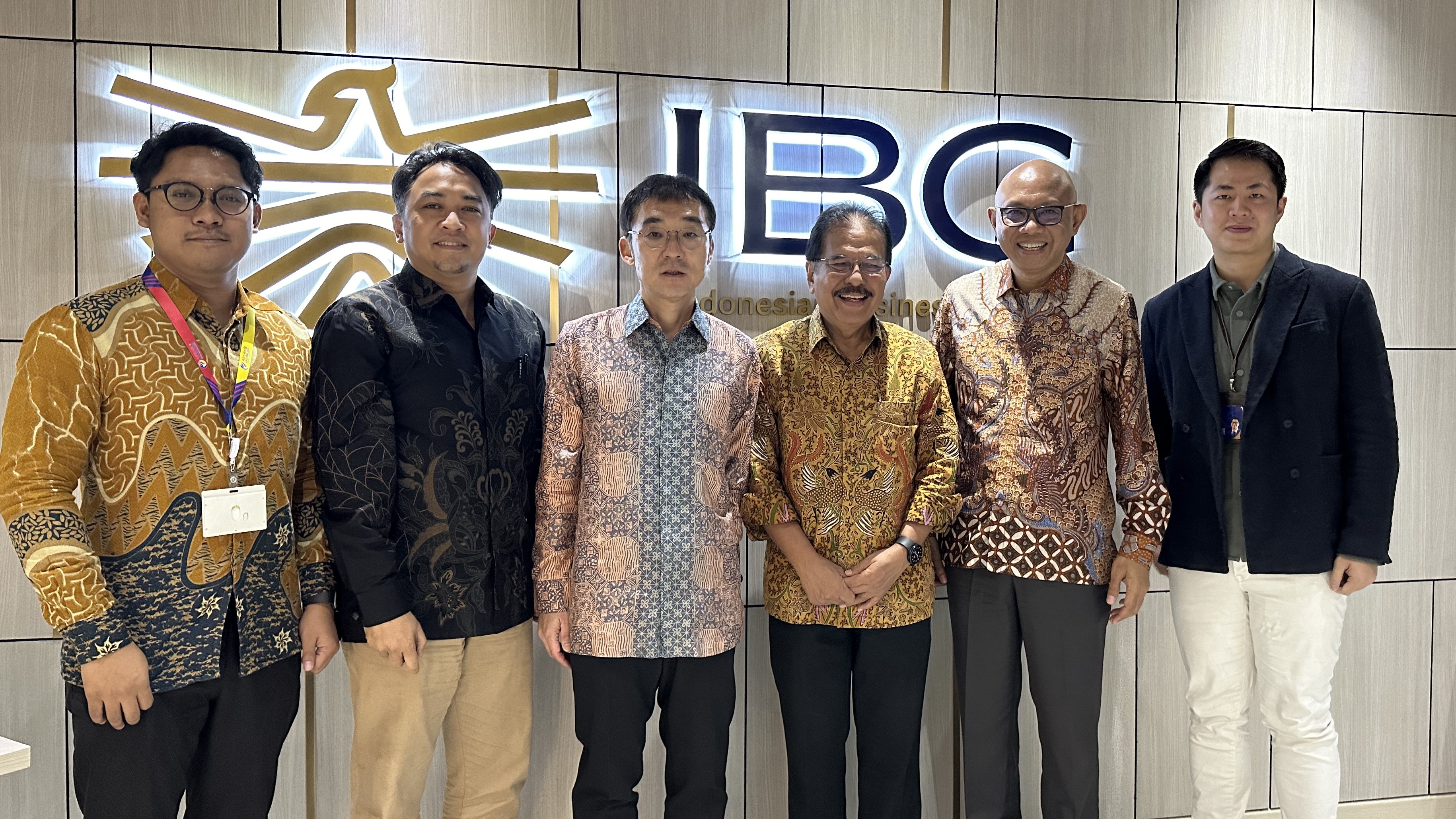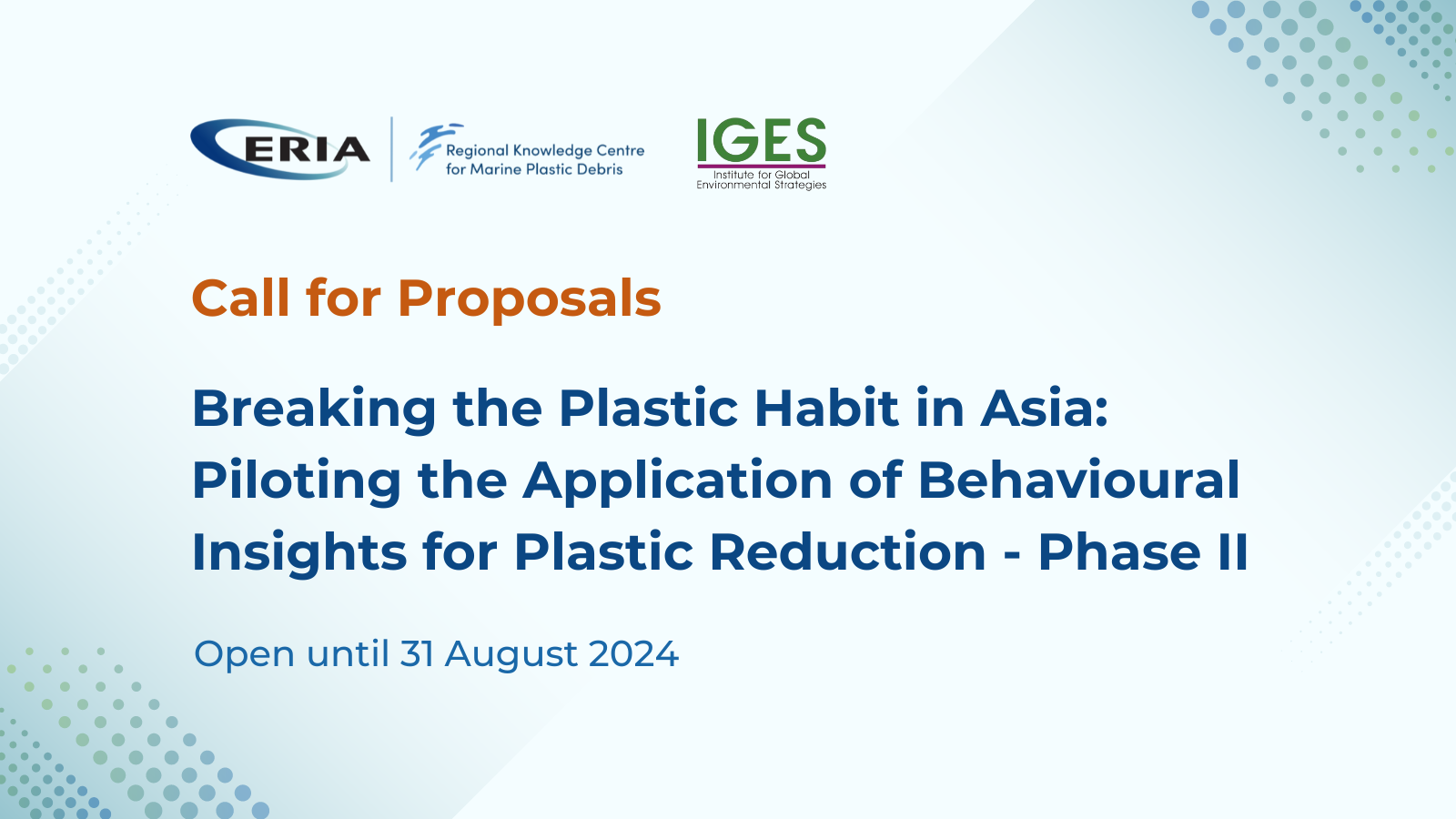settings Open AccessArticle Potential Renewable Hydrogen from Curtailed Electricity to Decarbonize ASEANs Emissions: Policy Implications
Date:
17 December 2020Category:
In the NewsTopics:
EnergyShare Article:
Print Article:
Note: An article written by Dr Phoumin, Prof Fukunari Kimura, and Prof Jun Arima has been published in Sustainability as part of the Special Issue Secure and Sustainable Energy System.
The power generation mix of the Association of Southeast Asian Nations (ASEAN) is dominated by fossil fuels, which accounted for almost 80% in 2017 and are expected to account for 82% in 2050 if the region does not transition to cleaner energy systems. Solar and wind power are the most abundant energy resources but contribute negligibly to the power mix. Investors in solar or wind farms face high risks from electricity curtailment if surplus electricity is not used. Employing the policy scenario analysis of the energy outlook modelling results, this paper examines the potential scalability of renewable hydrogen production from curtailed electricity in scenarios of high share of variable renewable energy in the power generation mix.








